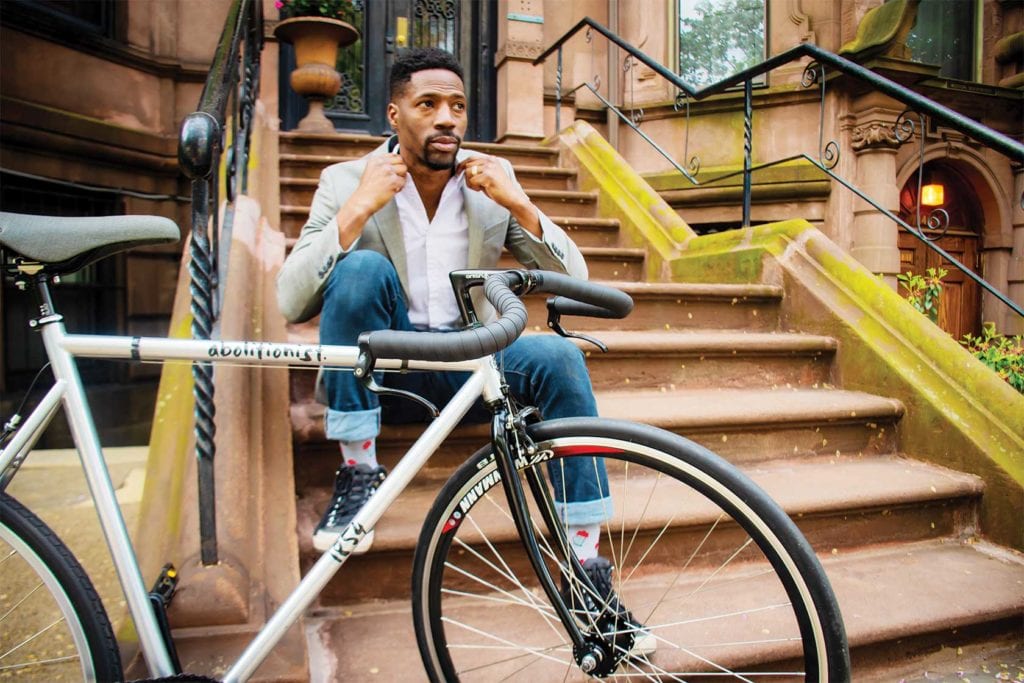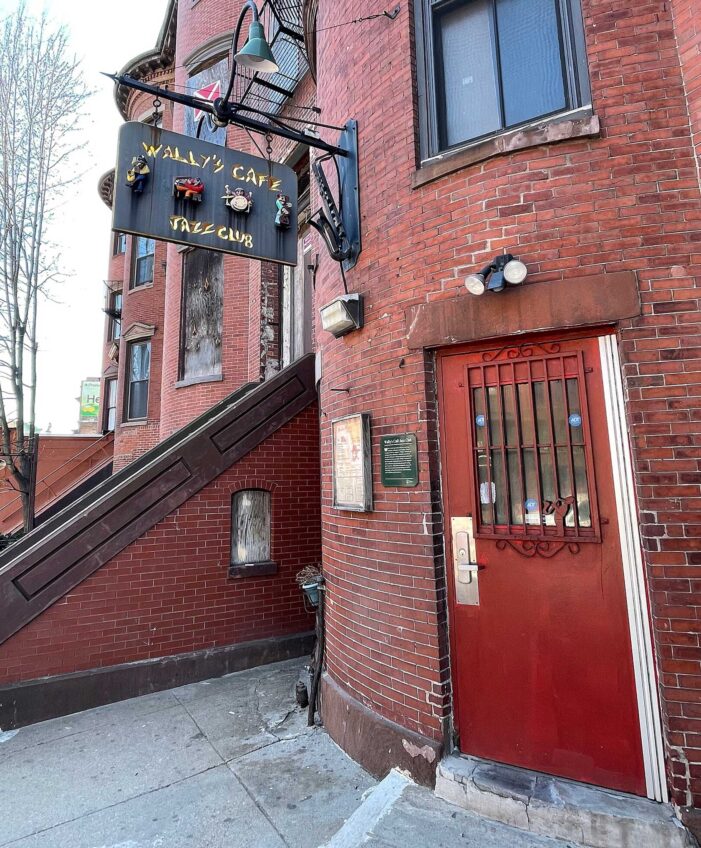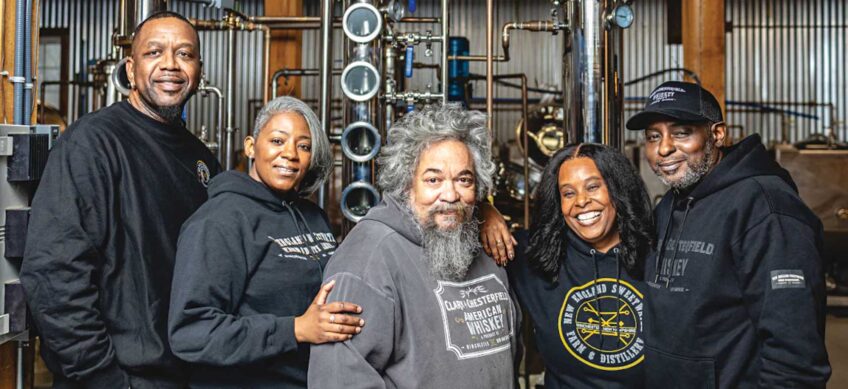
For the last three years, business owner Brandale Randolph of 1854 Cycling Company was running his operation out of his garage, selling around 300 bikes total. Now he’s planning to scale up his business, moving it into a factory in Hopkinton and expecting to break even by the second quarter of the year.
The catalyst for this change? The bicycle Randolph is calling the Thoreau Tactical System.
This $10,000 bicycle has a mounted police program comparable to that in police cruisers. Its features include a touchscreen console, visual dispatch, geo-tracking and route-mapping, a mounted identification scanner and an electric motor. The bicycle also has a corresponding helmet with a radio system and voice communication.
“I think the era of policing is going to move eventually to community policing, and I wanted to have a tool for that,” Randolph explains, when asked why he moved toward manufacturing a police bike. “I saw an opportunity in a different market. So after interviews with police officers and departments, we created something that we thought was a brilliant idea.” He adds that bicycles help facilitate more personal interactions between officers and community members, which could reduce police brutality and incidents of abuse. Boston Police Commissioner William Gross told the Globe that he plans to order 10 of the bikes, five for emergency medical technicians, and hopes to get them on the street this month.
Despite his passion for the business, Randolph didn’t come to bicycle manufacturing from a mechanical perspective, nor even a love for bicycles. After graduating from the Wharton School of the University of Pennsylvania and launching a nonprofit anti-poverty agency, he started 1854 Cycling Co. when he learned bicycle mechanics earn above minimum wage, thus identifying the industry as an opportunity to create living-wage jobs — particularly for formerly incarcerated people, who now make up 50 percent of his employees.
So how did Randolph integrate police software into his bicycle manufacturing? With the help of Draper Laboratory, a nonprofit organization based in Cambridge that specializes in advanced technology solutions, perhaps most notably creating the Apollo guidance computer. 1854 and Draper partnered to create the Thoreau bicycle and presented it at the International Association of Chiefs of Police in Chicago last October, leading to pre-sale numbers skyrocketing to the tens of thousands.
But a large operation like this one needs a comparable manufacturing facility. When the Banner caught up with Randolph, he had just secured a factory in Hopkinton. “Funding is almost in place for closing,” Randolph says. He hopes to close within 60 days, hit the ground running with manufacturing, and complete the first round of 600 units by April, to be delivered in May. 1854 has already pre-sold 13,000 units and is planning to deliver around 2,000 in the calendar year.
This production leap to a high-end bicycle cost 1854 about $200,000 in combined revenues, profits and loans, but with a high payout — after the first delivery, the company will have passed its break-even point.
Even at the starting end of a large transition, Randolph is looking ahead to the next big thing. “We’ll probably become a major industry player within a few years, because it’s not just our company at that point — we’ll be a manufacturer, and there’ll be very few black manufacturing companies that use high-end materials such as carbon fiber, which is what we’ll be doing out of Hopkinton. And in a few years, we’ll be not only making this bike, but we may go into other vehicles as well.”






